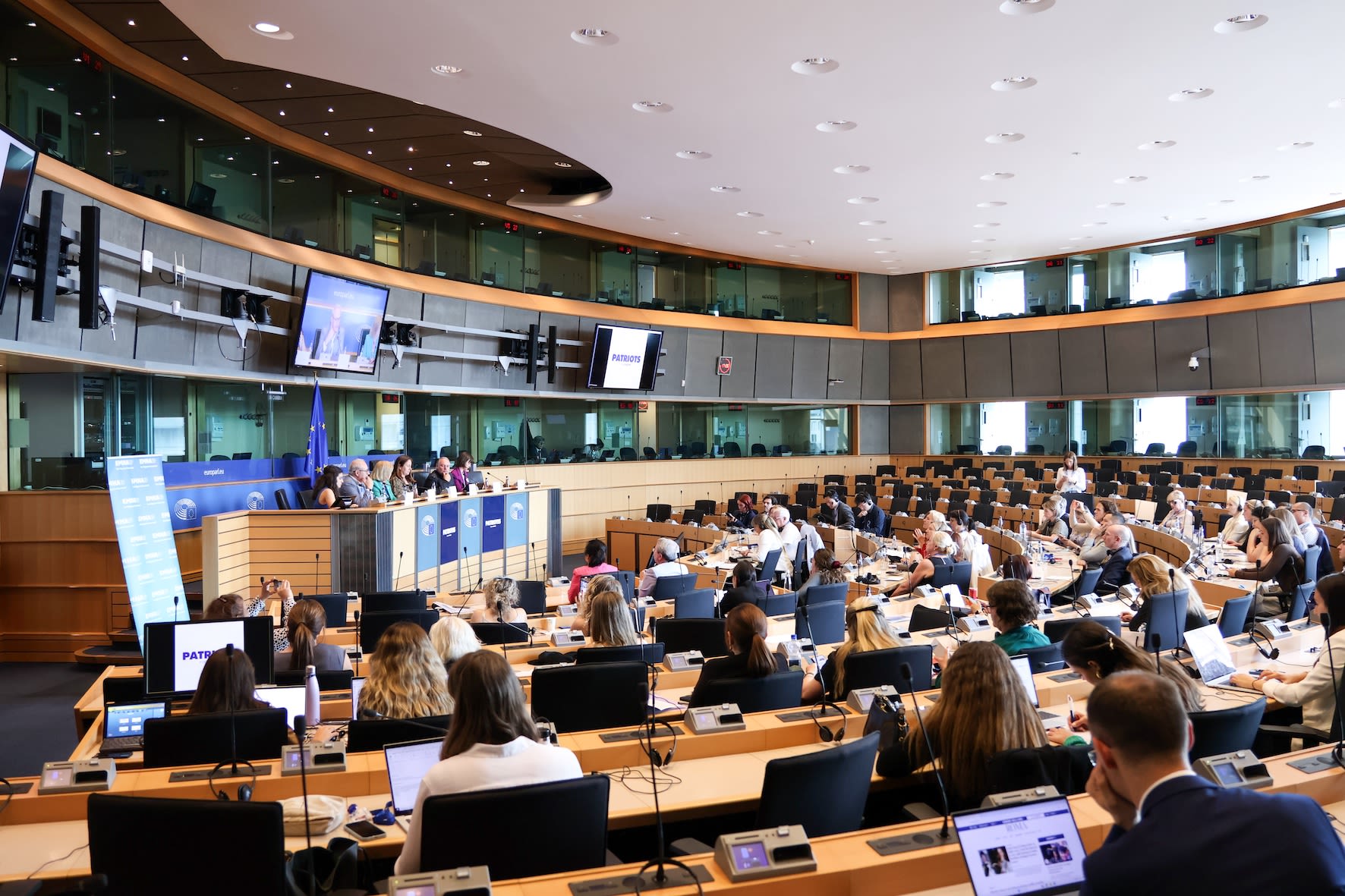
Brussels, Belgium – June 19th, 2025 – Qwoted Newswire – The European Migraine and Headache Alliance (EMHA), joined by its member organisations, leading experts, and policymakers, gathered on June 11 at the European Parliament to advocate for the integration of migraine in the EU’s forthcoming Neurological Health Strategy. The initiative, proposed in the 2025 draft work programme of the European Parliament’s Health Committee (SANT), represents a major step forward by distinguishing neurological conditions from mental health in EU-level health planning. EMHA is now urging decision-makers to ensure that migraine is not left out.
Migraine, a complex bio-neurological disorder, affects up to 15% of adults in Europe and is the leading cause of disability among young women, according to the Global Burden of Disease 2019 study. It has a significant socio-economic impact, ranging from 35 billion euros in Czechia to 557 billion euros in Germany, as captured in a 2025 WifOR study. Despite its high prevalence and impact, it remains underdiagnosed, undertreated, and underfunded across most health systems.
The event brought together MEPs, EU policymakers, neurologists, and European and international patient advocates. Discussions focused on concrete policy recommendations based on EMHA’s recently published white paper. Endorsed by 60 patient organisations and sponsored by AbbVie, the paper presents expert insights from more than 20 countries and calls for timely diagnosis, better access to innovation, and formal recognition of migraine as a neurological disease to secure funding and resources.
“This meeting is a crucial step in ensuring that migraine is finally recognised as a serious, systemic health issue in EU policy,” said Elena Ruiz de la Torre, Executive Director of EMHA. “Through coordinated efforts, we can ensure that migraine is recognised and treated as a neurological disorder, rather than merely a common headache, and that the necessary resources are allocated for its effective management.”
Policy priorities and calls to action
Participants called for stronger political will to end the long-standing neglect of migraine in EU health agendas. As MEP Margarita de la Pisa, Member of the Patriots for Europe Group, noted: “Migraine has been overlooked for too long. We now have the data, the voices, and the political momentum to change that. Including migraine in the Neurological Health Strategy will ensure that the EU’s commitment to equity and dignity in healthcare extends to all who suffer from this invisible but devastating disease.”
Speakers also stressed the need to integrate migraine into EU-wide health workforce planning, including standardised training for general practitioners, neurologists, and occupational health professionals. “Integrating migraine into EU workforce and health strategies is not only a clinical imperative: it is a matter of fairness and health equity for the millions of Europeans whose lives are affected daily by this disabling condition,” said Swiss neurologist and politician Dr. Reto Agosti.
The economic case for action was also a key theme. As highlighted in the white paper, early diagnosis and access to targeted therapies can significantly reduce the personal and societal burden of migraine, particularly among working-age women, who are disproportionately affected. In fact, according to the same 2025 WifOR data, the socio-economic burden of migraine is higher for women than for men across all six EU countries included in the study. EMHA called for gender-responsive health policies that recognise migraine’s impact beyond reproductive health and for alignment with EU strategies on workforce resilience, productivity, and competitiveness.
The event also served as a platform to strengthen national advocacy efforts, showing how European-level initiatives can support, and be reinforced by, national reforms. Patient associations and clinicians used the forum to underline the need for systemic change, adapted to local realities. National expert Dr. Magdalena Wysocka, neurologist and founder of the Polish Migraine Association, highlighted the disparities in care access faced in Poland: “Patients suffer delays, limited access to specialists, and daily disruptions. EU-level action is vital to ensure dignity, recognition, and equitable care for all migraine patients.”
The event concluded with a shared European Policy Commitment: migraine must no longer be sidelined. EMHA and its partners urged the European Parliament and the SANT Committee to ensure that the final Neurological Health Strategy includes migraine as a priority and supports long-overdue progress in migraine care across Europe.
About The European Migraine & Headache Alliance
The European Migraine & Headache Alliance (EMHA) is a non-profit umbrella organization launched in 2005. It includes over 33 patient associations for migraine, cluster headache, trigeminal neuralgia, and other headache diseases across Europe. Its head office is in Brussels. EMHA aims to speak on behalf of and advocate for the rights and needs of the 138 million people in Europe living with headache disorders.
EMHA is an active member of the European Federation of Neurological Alliances (EFNA), the International Association of Patient Organizations (IAPO), and the European Patients Forum (EPF) and works closely with scientific organizations such as the European Headache Federation (EHF), International Headache Society (IHS), European Brain Council (EBC), Active Citizenship Network (ACN) and others.
For more information, visit www.emhalliance.org and follow @emhalliance.
Media Contact
Company Name: Roman
Email: [email protected]
Phone Number: +34 915 915 500
Information contained on this page is provided by an independent third-party content provider. Binary News Network and this Site make no warranties or representations in connection therewith. If you are affiliated with this page and would like it removed please contact [email protected]



Comments